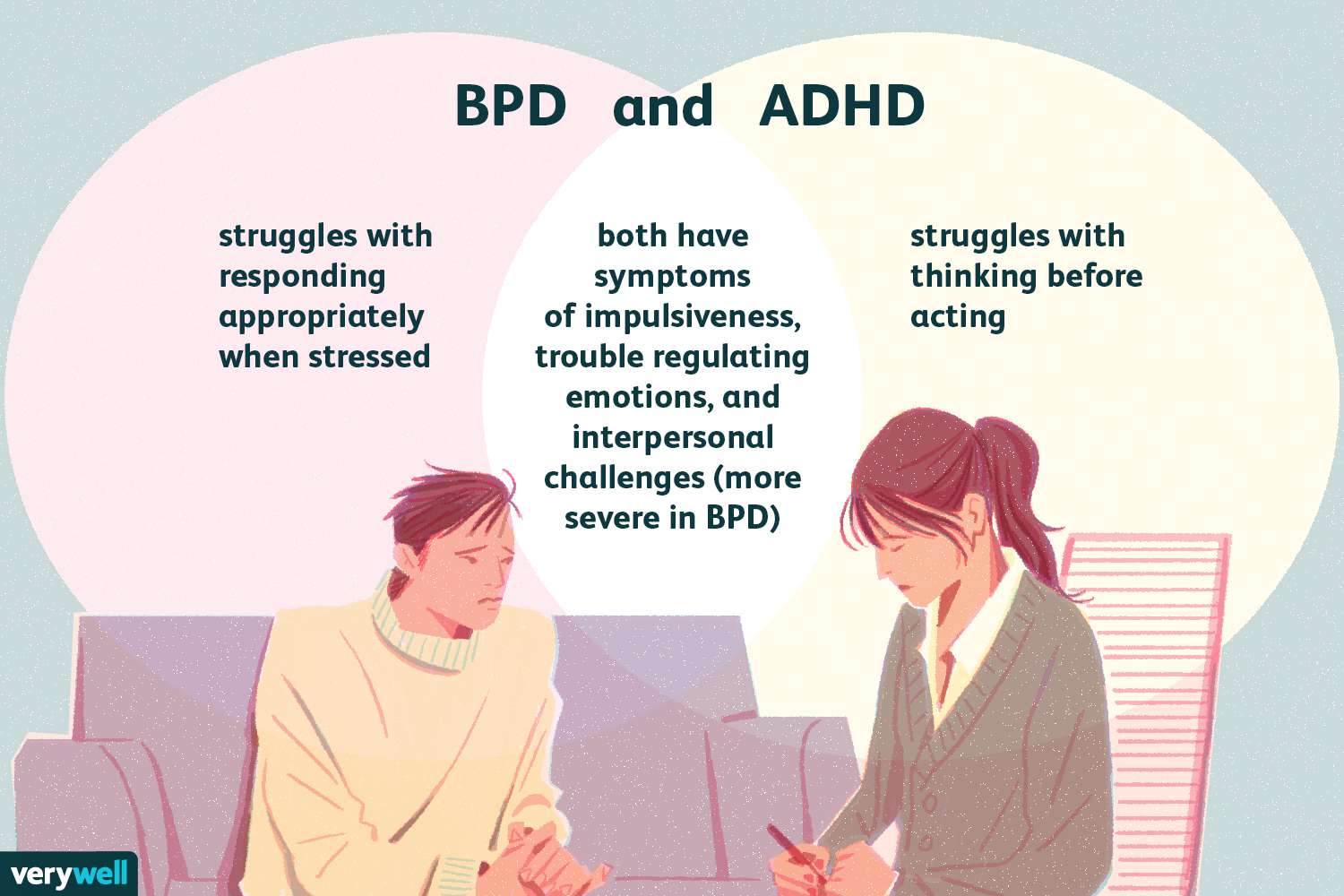Untapped Potential: Living Well With Autism Or ADHD In Britain

Table of Contents
Understanding the Challenges: Autism and ADHD in the UK
Navigating life with Autism or ADHD in Britain presents a unique set of hurdles. Understanding these challenges is the first step towards building a fulfilling life.
Diagnostic Processes and Support Services
The diagnostic process for both Autism and ADHD within the NHS can be lengthy and complex. Waiting times for assessments can be significant, and accessing appropriate services can be difficult. Early intervention is crucial; a timely diagnosis allows for early access to support services, significantly improving outcomes.
- Organizations Offering Support: The National Autistic Society (NAS) and ADHD UK are invaluable resources, providing information, support, and advocacy for individuals, families, and professionals.
- Benefits of Early Intervention: Early diagnosis leads to earlier access to therapies, educational support, and social skills training, improving long-term outcomes and quality of life.
- Types of Support Available: Support ranges from therapies like speech and language therapy, occupational therapy, and Cognitive Behavioral Therapy (CBT), to medication management, educational support plans (IEPs or EHCPs), and social skills groups.
Navigating Social and Employment Barriers
Social stigma remains a significant barrier for many individuals with Autism or ADHD. This can lead to difficulties in forming and maintaining relationships, finding and keeping employment, and overall well-being.
- Workplace Challenges and Strategies: Common challenges include sensory sensitivities, difficulty with communication, and executive function difficulties. Strategies to overcome these include workplace accommodations (e.g., quiet workspaces, flexible work schedules), assistive technologies, and clear communication protocols.
- Disclosure and Legal Protections: Disclosing a diagnosis in the workplace can facilitate access to reasonable adjustments under the Equality Act 2010, protecting individuals from discrimination. This act ensures equal opportunities in employment.
- Support Groups and Networking: Connecting with others facing similar challenges through support groups and networking opportunities can provide invaluable emotional support, practical advice, and a sense of community.
Harnessing Strengths and Building Resilience: Strategies for Success
While challenges exist, individuals with Autism and ADHD often possess remarkable strengths and talents. Focusing on these strengths is crucial for building resilience and achieving success.
Developing Individual Strengths and Talents
Autism and ADHD are often associated with unique cognitive strengths, such as exceptional focus, creativity, attention to detail, and innovative thinking.
- Examples of Success: Many individuals with Autism or ADHD have made significant contributions to various fields, showcasing their talents and breaking down stereotypes.
- Identifying and Utilizing Strengths: Identifying individual strengths and using them in education, work, and personal pursuits enhances self-esteem and fosters a sense of accomplishment.
- Exploring Hobbies and Interests: Engaging in hobbies and interests helps develop skills, build confidence, and provides opportunities for self-expression and social interaction.
Coping Mechanisms and Self-Care Strategies
Self-care and stress management are essential for maintaining well-being and building resilience.
- Practical Self-Care Strategies: Mindfulness techniques, regular exercise, a healthy diet, and sufficient sleep are crucial for managing stress and improving overall mental and physical health.
- Therapeutic Approaches: Therapies like CBT can teach coping skills to manage anxiety, improve emotional regulation, and build resilience.
- Building a Support Network: A strong support network of family, friends, and professionals is essential for navigating challenges and celebrating successes.
Accessing Resources and Support in Britain
Numerous resources and support systems are available in Britain to help individuals with Autism or ADHD live fulfilling lives.
Government Initiatives and Funding
The UK government provides various programs and funding to support individuals with disabilities.
- Government Websites and Resources: The NHS website, Gov.uk, and local council websites offer information on available services and support programs.
- Financial Assistance Programs: Personal Independence Payment (PIP), Disability Living Allowance (DLA), and other benefits provide financial support to help manage the costs associated with disability.
- Educational Support Programs: Schools and colleges offer educational support plans (IEPs or EHCPs) to provide tailored support for students with Autism or ADHD.
Charities and Support Organizations
Many charities and organizations provide crucial support and resources for individuals with Autism and ADHD.
- National Autistic Society (NAS): Provides information, support, and advocacy for autistic people and their families. [link to NAS website]
- ADHD UK: Offers information, support, and advocacy for people with ADHD. [link to ADHD UK website]
- Other Organizations: Numerous other organizations offer specialized support, such as therapy, social groups, and employment support. (Include links to relevant organizations)
Conclusion
Living well with Autism or ADHD in Britain requires navigating challenges, celebrating strengths, and accessing appropriate support. Early intervention, accessing the resources outlined above, and actively developing individual strengths are key to a fulfilling life. With the right support and understanding, individuals with Autism and ADHD can thrive and reach their full potential.
Call to Action: Take the first step towards thriving with Autism or ADHD in Britain. Explore the resources mentioned in this article, connect with support organizations, and begin your journey towards a more fulfilling and successful life. Learn more and find the support you need to successfully manage Autism or ADHD and unlock your untapped potential. Visit the websites of the National Autistic Society and ADHD UK to learn more.

Featured Posts
-
 Triumf Za Barnli Povratok Vo Premier Ligata
May 13, 2025
Triumf Za Barnli Povratok Vo Premier Ligata
May 13, 2025 -
 Life Cycle Education Lessons From Campus Farm Animals
May 13, 2025
Life Cycle Education Lessons From Campus Farm Animals
May 13, 2025 -
 Vozvratok Vo Elitata Barnli I Lids Povtorno Vo Premier Ligata
May 13, 2025
Vozvratok Vo Elitata Barnli I Lids Povtorno Vo Premier Ligata
May 13, 2025 -
 Aryna Sabalenkas Miami Open Championship A 19th Career Title
May 13, 2025
Aryna Sabalenkas Miami Open Championship A 19th Career Title
May 13, 2025 -
 Ogromniy Dolg Syna Reaktsiya Muzha Nadezhdy Kadyshevoy
May 13, 2025
Ogromniy Dolg Syna Reaktsiya Muzha Nadezhdy Kadyshevoy
May 13, 2025
Latest Posts
-
 Eva Longorias New Hairstyle Sun Kissed Highlights And A Stunning Transformation
May 13, 2025
Eva Longorias New Hairstyle Sun Kissed Highlights And A Stunning Transformation
May 13, 2025 -
 Aryna Sabalenkas Italian Open Victory Round Of 32 Secured
May 13, 2025
Aryna Sabalenkas Italian Open Victory Round Of 32 Secured
May 13, 2025 -
 Italian Open Sabalenka Through To Round Of 32
May 13, 2025
Italian Open Sabalenka Through To Round Of 32
May 13, 2025 -
 Miami Open 2024 Sabalenka Overcomes Pegula For Championship Win
May 13, 2025
Miami Open 2024 Sabalenka Overcomes Pegula For Championship Win
May 13, 2025 -
 Miami Open 2024 Sabalenka Beats Pegula In Final
May 13, 2025
Miami Open 2024 Sabalenka Beats Pegula In Final
May 13, 2025
